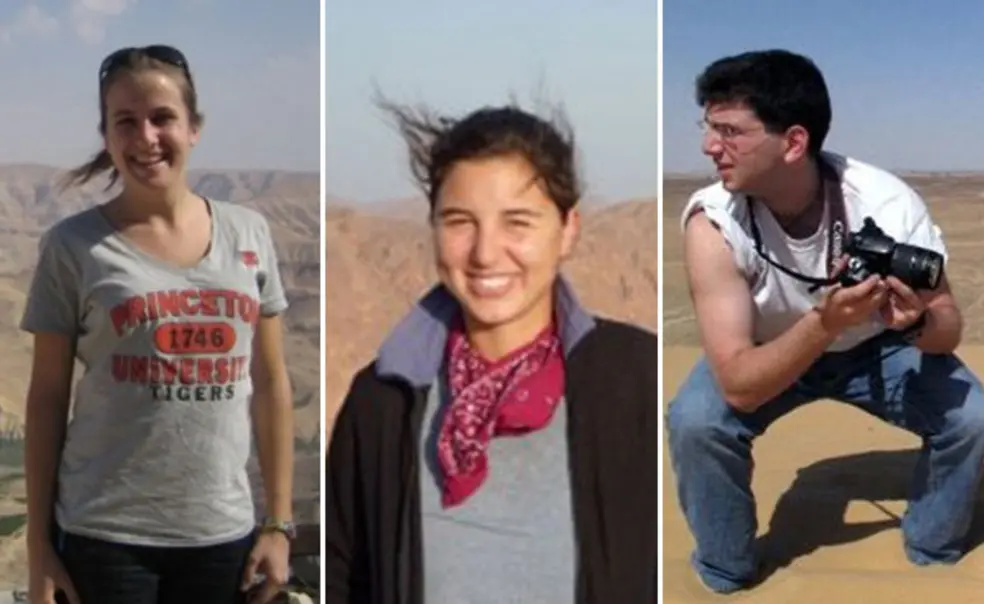Alumni Foster Fellowships for College Grads to Live, Work in the Middle East and North Africa
The Princeton in Asia and Princeton in Africa post-graduation fellowships have been around for decades, but six years ago, a few alums noticed a gap in these opportunities and wondered, “Why not the Middle East?” They created the Middle East and North Africa Regional (MENAR) Fellowship Program, a one-year fellowship, independent of the University, offered to college graduates across the country.
Adrienne Clermont ’09, who was a Princeton in Africa fellow after graduation, joined MENAR about a year after it was founded. She said other “Princeton in” programs were the impetus for MENAR. Grateful for her own experience, Clermont wanted to provide a similar opportunity for graduates interested in the Middle East.
Zach Ruchman ’10, the treasurer of MENAR, first heard about the fellowship while he was teaching English in Jordan as a Fulbright fellow. After graduating from the Woodrow Wilson School, he noticed that there were “very few ways for recent college graduates to get over to the Middle East” and get experience living and working in the region through a structured program.
Consequently, Ruchman said, “You almost never hear a human-interest story about people on the street in Oman or Alexandria. You read about ISIS and al-Qaida and U.S. troops and special forces, not about what people’s lives are actually like.”
One of last year’s MENAR fellows decided to stay in the Middle East after the program ended and now teaches English in Jordan — which Ruchman said is a testament to the program’s success and the value of acting as a “person-to-person diplomat” in the Middle East.
“In today’s modern politics and media environment, when political rhetoric can be very harsh, having this personal interaction is really the only way to take an edge off of that rhetoric,” he said. “There’s no better way to create cultural understanding than to be a cultural ambassador.”
Colleen McCullough ’12, who helped found MENAR in 2012 and currently is the secretary of the board, said the organization has diversified its placements in the last few years. MENAR has worked with both traditional nonprofit humanitarian NGOs as well as for-profit tech companies. Other organizations include a university-based think tank in Qatar, an international school in Egypt, and a tourism startup in Morocco founded by a Princeton alum.
MENAR’s staffers are volunteers. The four members of the steering committee read applications and conduct interviews for potential fellows. As the organization grows, the board is working toward hiring a full-time employee to manage day-to-day operations.
This year, MENAR has placed eight fellows at six organizations in four countries across the Middle East: Egypt, Qatar, Jordan, and Morocco. Like the “Princeton in” organizations, MENAR accepts applicants from across the country. Each fellow is provided a stipend, which is funded by the host organization.
McCullough said that while travel has the potential to introduce people to new perspectives, a year living and working in a place can be even more transformative. “Very few Americans travel to the Middle East and meet the people there,” she said. “For fellows to be able to bring their understanding back to their schools or work environments or communities — even to our politics — is one of the reasons MENAR is such an important program.”












No responses yet